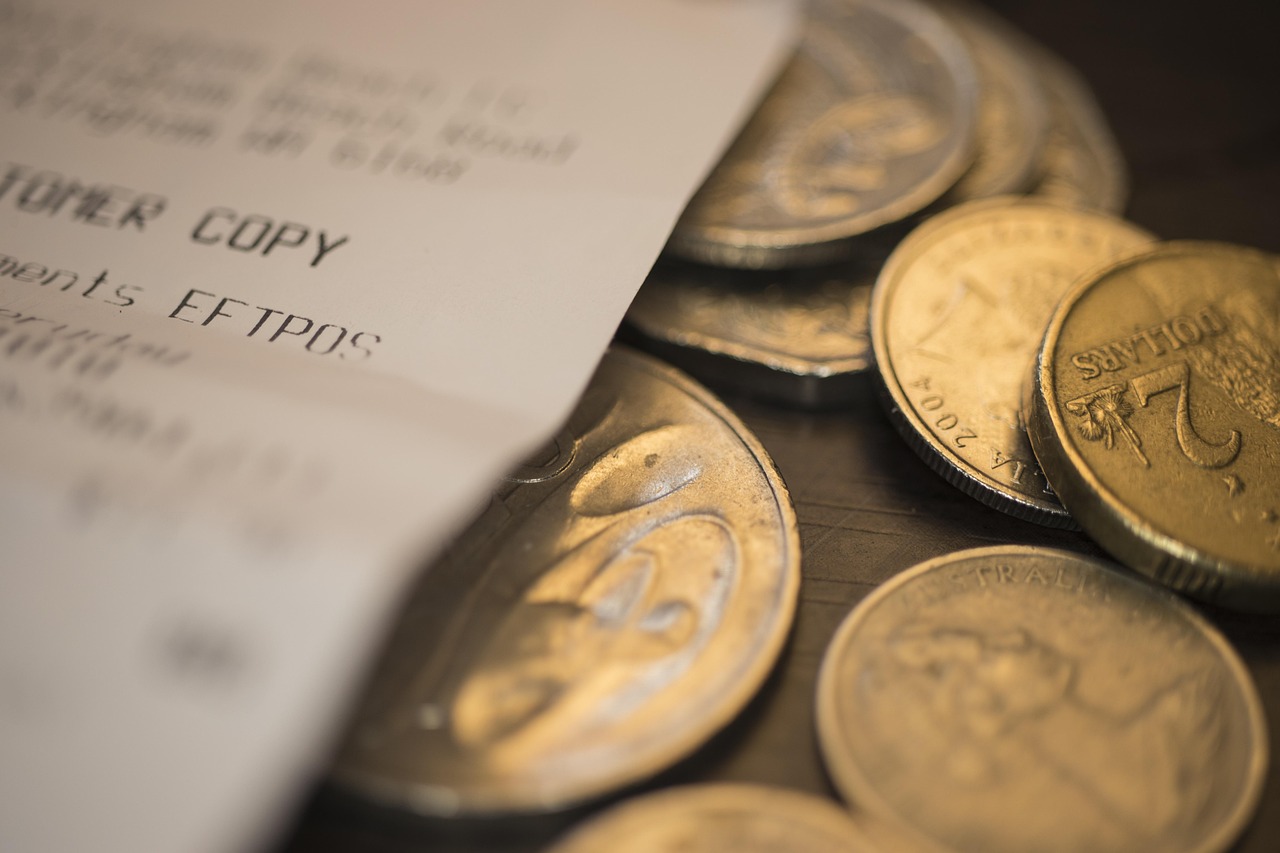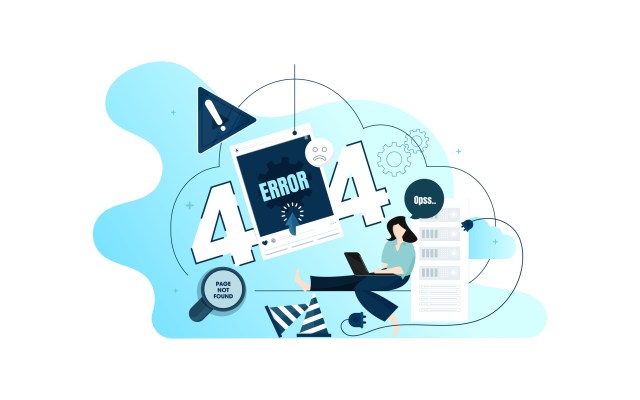NFT-Based Mentoring Access: A New Frontier in Professional Development

In the rapidly evolving digital landscape, Non-Fungible Tokens (NFTs) have emerged as a groundbreaking innovation, extending beyond the realms of digital art and collectibles. Recently, a novel application of NFTs has started to gain traction: providing exclusive access to mentoring opportunities. This development is reshaping how professionals engage with mentors and acquire knowledge in various industries.
NFTs, unique digital assets verified using blockchain technology, offer a secure and transparent way to certify ownership and access. This characteristic has prompted innovators to explore their potential in creating new models of engagement between mentors and mentees. NFT-based mentoring access leverages these digital tokens to unlock unique interactions, offering an intriguing alternative to traditional mentoring frameworks.
How NFT-Based Mentoring Works
The concept of NFT-based mentoring revolves around the issuance of NFTs that grant holders exclusive rights to one-on-one sessions, group seminars, or other educational resources provided by mentors. These NFTs can be bought, sold, or traded in digital marketplaces, allowing mentees to exchange or upgrade their mentoring experiences.
Typically, the process involves the following steps:
- Creation: Mentors create NFTs that specify the type and scope of access they offer, such as a series of coaching sessions or admission to a private community.
- Distribution: These NFTs are listed on blockchain marketplaces where potential mentees can purchase them using cryptocurrency.
- Access: NFT holders gain access to the mentoring services outlined in the token’s smart contract.
- Exchange: If desired, NFT holders can sell or trade their tokens, enabling a dynamic marketplace for mentoring access.
Global Context and Adoption
The integration of NFTs into the mentoring ecosystem is still in its nascent stages but is gaining momentum across various sectors. Notably, industries with a strong emphasis on innovation, such as technology, creative arts, and entrepreneurship, are at the forefront of this transition.
Several high-profile figures and organizations are already experimenting with NFT-based mentoring models. For example, prominent entrepreneurs and thought leaders are tokenizing access to their expertise, offering NFTs that grant exclusive consultations or participation in mastermind groups. This model benefits mentors by creating new revenue streams and allows mentees to access high-caliber guidance that might otherwise be out of reach.
Globally, the adoption of this model varies significantly, influenced by factors such as technological infrastructure, regulatory environments, and cultural attitudes towards digital assets. Nonetheless, regions with robust blockchain ecosystems, like North America and parts of Asia, are witnessing more rapid integration of NFTs in professional development contexts.
Challenges and Considerations
Despite the potential benefits, NFT-based mentoring faces several challenges that need to be addressed to ensure its success and sustainability:
- Regulatory Uncertainty: As with many blockchain applications, the regulatory landscape for NFTs is still evolving. Clear guidelines and frameworks are necessary to ensure legal compliance and protect all parties involved.
- Market Volatility: The value of NFTs can fluctuate significantly, influenced by market dynamics and speculative trends. This volatility poses risks for both mentors and mentees in terms of pricing and value retention.
- Accessibility: While NFTs can democratize access to mentoring by transcending geographical barriers, they also introduce complexities related to blockchain technology that may be daunting for some users.
The Future of NFT-Based Mentoring
As the NFT space continues to evolve, NFT-based mentoring holds the promise of revolutionizing how professionals access and engage with expertise. By enabling secure, verifiable, and flexible access to mentoring resources, this model could enhance the accessibility and personalization of professional development.
However, its success will depend on the collective efforts of stakeholders in addressing the challenges and creating an environment conducive to innovation and growth. As the digital landscape continues to transform, NFT-based mentoring could become a cornerstone of modern professional development strategies, offering a glimpse into the potential of blockchain technology to reshape traditional paradigms.
















